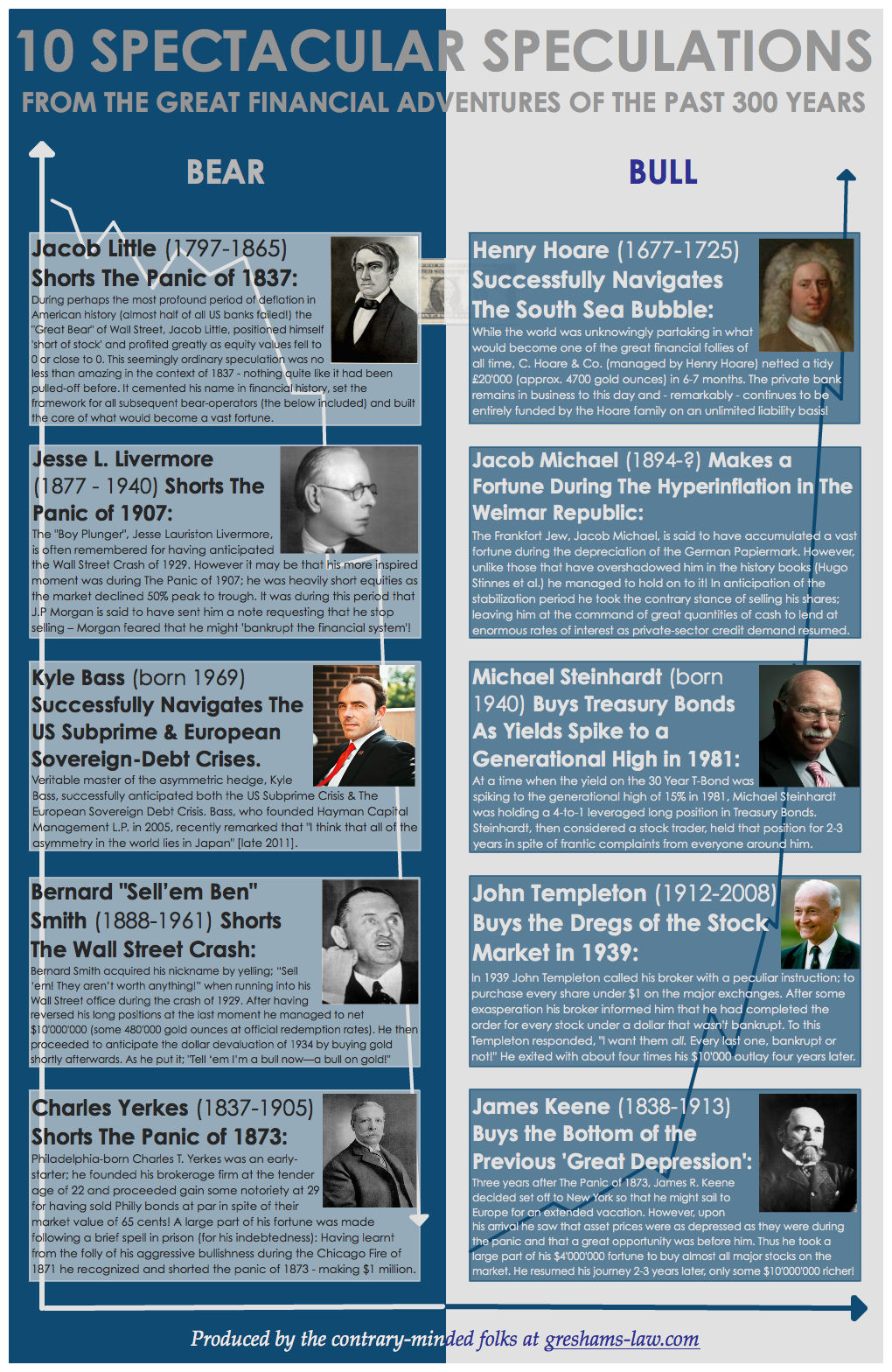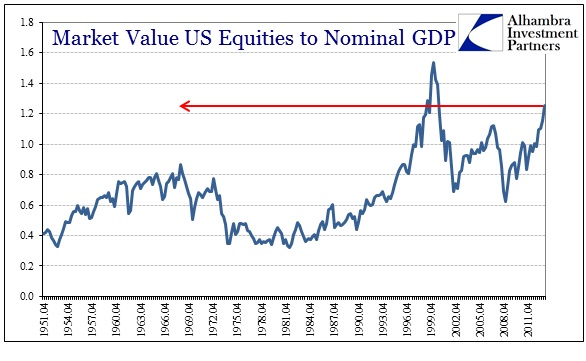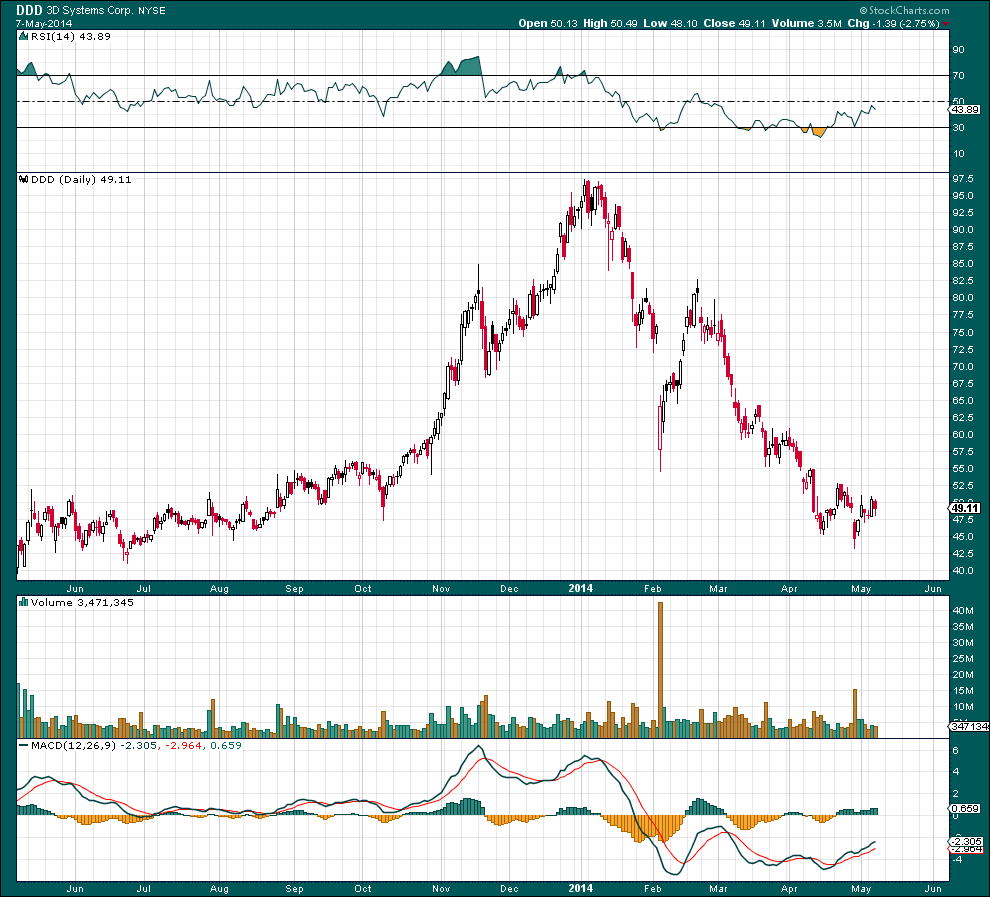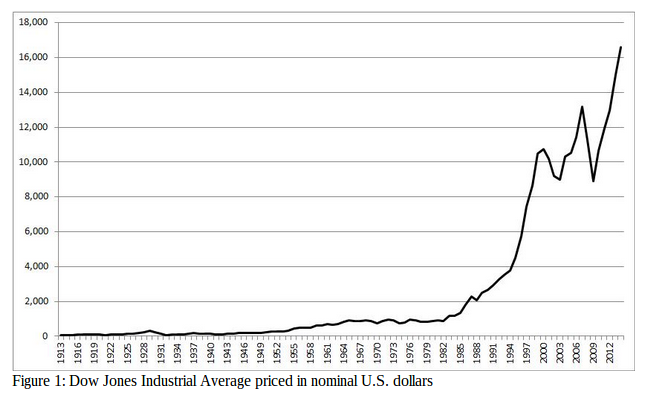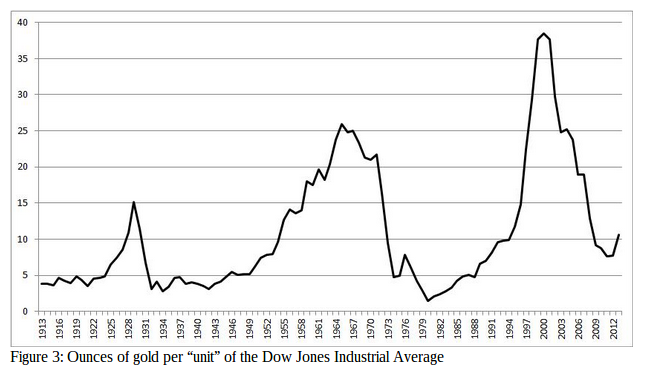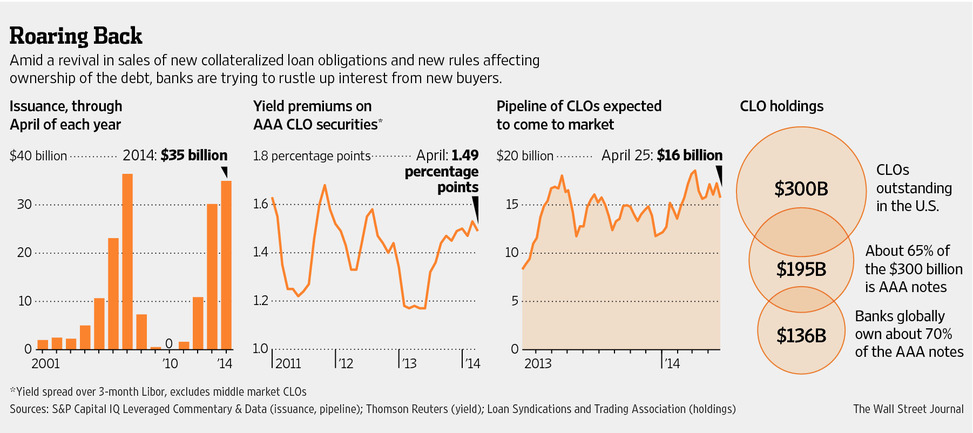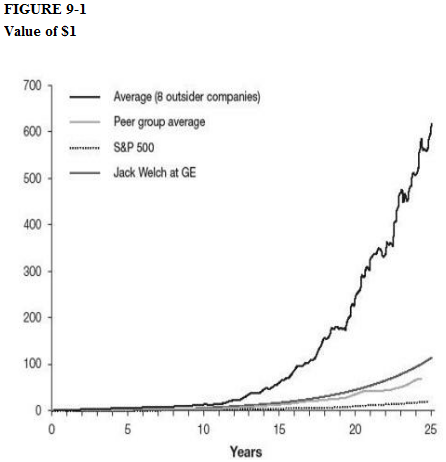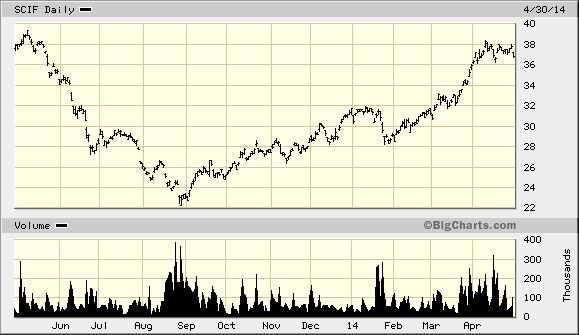

Bill Miller used to run Legg Mason’s Value Trust but then people learned he wasn’t a value investor and not to trust him –Port Stansberry
Value Investing in India
India’s market seems cheaper than the good ole USA’s S&P 500. The average stock in the US is trading at 25-times earnings. Americans have to look beyond the decks of the Titanic and view foreign shores. I traveled for a half year in India but I am ignorant about investing there, but we can always learn.
Stansberry Radio
This week, Steve Sjuggerud and his good friend Rahul Saraogi, a managing director at Atyant Capital, join Stansberry Radio to share the unique situation in India right now.
AUDIO (A tad obnoxious, but bear with them) http://www.stansberryradio.com/Porter-Stansberry/Latest-Episodes/Episode/541/0/Ep-151-Rahul-Saraogi-Investing-in-India
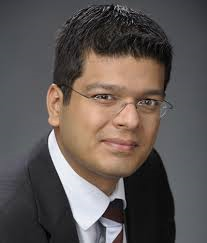
Rahul is a hedge-fund manager based in Chennai, India. He has been investing in India as his career for 14 years. And he told us on the radio show that India is “looking better than I’ve seen it in my career.”
Rahul wasn’t so concerned about the specific way you invest… as long as you simply get some money in. “India itself is going to do really well,” he said. “You need to have a piece of India in your portfolio.”
Guest: RAHUL SARAOGI
Rahul is a managing director at Atyant Capital and manages the Atyant Capital India Fund. In the last 13 years he’s managed money exclusively in the Indian markets. His mission is to consistently identify the best 10-15 investment ideas from among the thousands of publicly-traded Indian corporations. Rahul’s value-based investment philosophy stands apart due to his belief in the paramount importance of corporate governance, specifically how management operates with its minority shareholders in mind.
Prior to Atyant, Rahul spent four years leading Meridian Investments, generating a 430% absolute return for the firm’s high net worth clients.
Rahul graduated from the Wharton School of the University of Pennsylvania with a degree in Economics. Outside of Atyant, he practices Vipassana, a 2,500 year-old meditation technique that helps people see things as they really are. Rahul lives and works in Chennai, India.
CSInvesting: Color me skeptical, but I will take a look.
If I had to invest with a manager in India (vs. an ETF. See above) I might seek out: Prof. Sanjay Bakshi to the left of Prof. Greenwald of Columbia University.
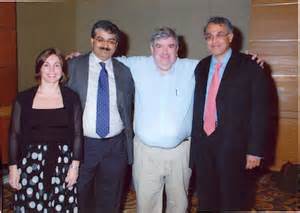
http://www.sanjay_bakshi.net/articles-talks/
Prof. Sanjay Bakshi of http://www.value_quest_capital.com/
Revisiting Failure (JCP)
Improving as an investor is hard. You can make money while doing the wrong thing and vice-versa. I always write down the reasons for my investment thesis and then record the result when the position is exited. I will place a tickler in my calendar say eighteen months later to again review my past investment to see if there is more I can learn dispassionately. My last post on JCP, http://wp.me/p2OaYY-1JG. I bought near $20 on the assumption of buying below real estate value with little value for the retail operations, then sold near $15 after Johnson was fired. I was wrong.
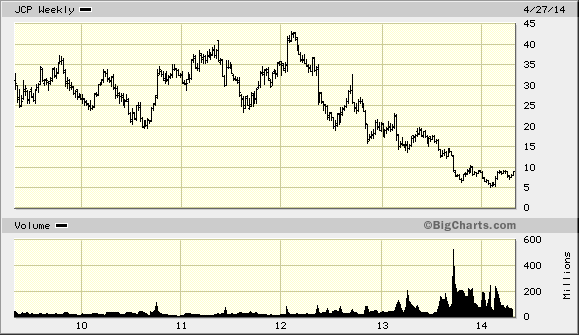
Here is an update on the story behind the company’s struggles, How to Fail in Business While Really, Really Trying. Read: http://omnichannelretailing.com/how-to-fail-in-business-while-really-really-trying/ A good read! Investing teaches humility. My take-away turnarounds in a difficult business often don’t turn. The reputation of the business overcomes the management.

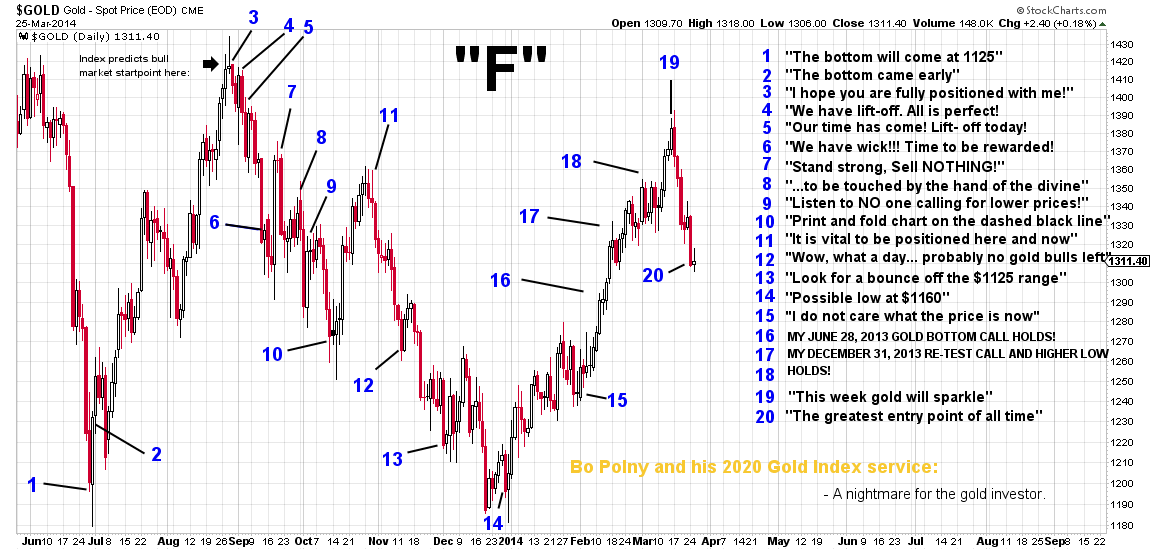
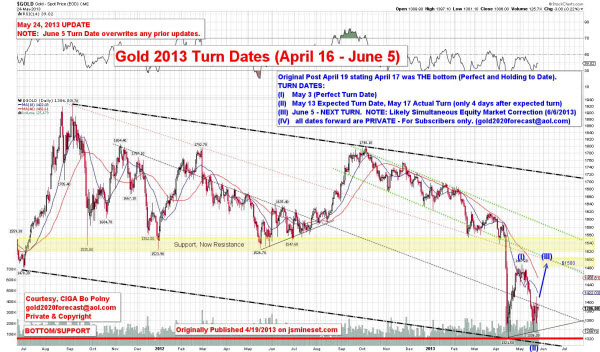

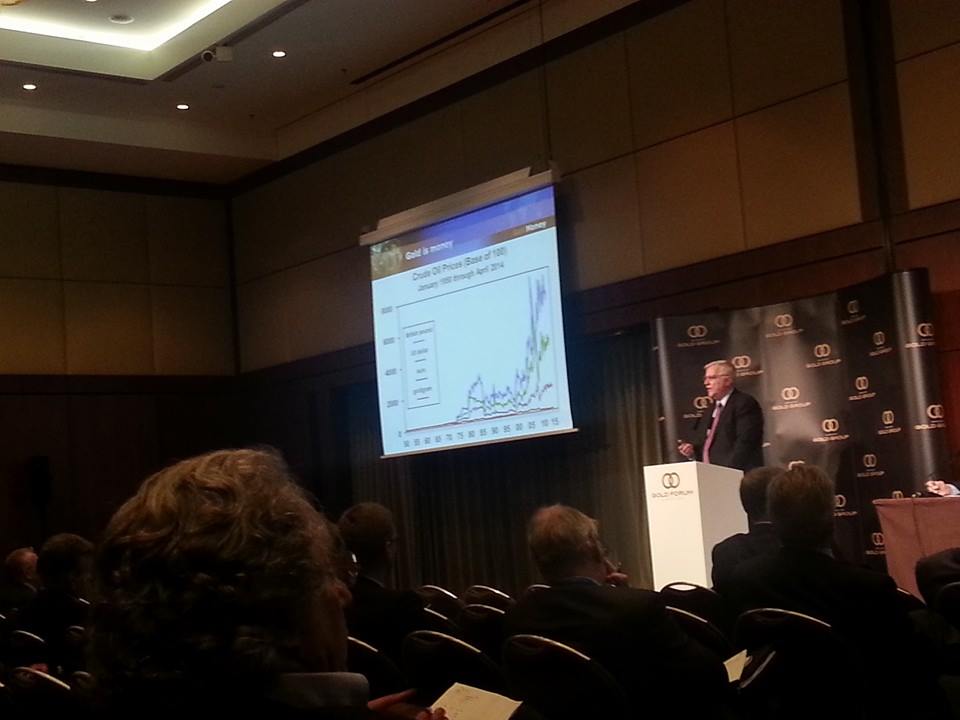



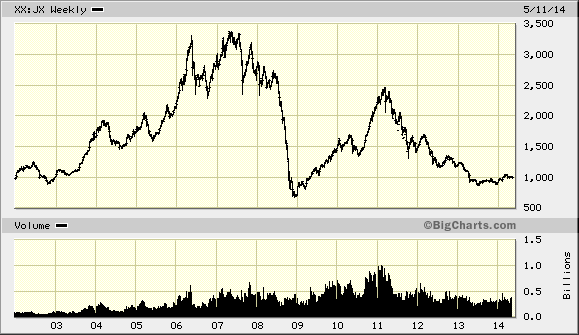

 Lawrence H. White is Professor of Economics at George Mason University. He specializes in the theory and history of banking and money, and is best known for his work on free banking. He received his A.B. from Harvard and his M. A. and Ph.D. from the University of California, Los Angeles. He previously taught at New York University, the University of Georgia, and the University of Missouri – St. Louis.
Lawrence H. White is Professor of Economics at George Mason University. He specializes in the theory and history of banking and money, and is best known for his work on free banking. He received his A.B. from Harvard and his M. A. and Ph.D. from the University of California, Los Angeles. He previously taught at New York University, the University of Georgia, and the University of Missouri – St. Louis. Gonzalo Schwarz (moderator) manages the Awards and Grants program at the Atlas Network that include the prestigious Fisher Memorial Award and Templeton Freedom Awards. Additionally he manages the Latin American Program. He currently holds an MA in Economics from George Mason University and is looking to pursue other graduate studies. He is originally from Uruguay and has lived in four other countries throughout his life. In the past he worked in academics and other non profits. He enjoys participating in academic seminars and was also part of the Koch Foundation Fall internship in 2009. His main hobbies are sports, reading and spending time with his family.
Gonzalo Schwarz (moderator) manages the Awards and Grants program at the Atlas Network that include the prestigious Fisher Memorial Award and Templeton Freedom Awards. Additionally he manages the Latin American Program. He currently holds an MA in Economics from George Mason University and is looking to pursue other graduate studies. He is originally from Uruguay and has lived in four other countries throughout his life. In the past he worked in academics and other non profits. He enjoys participating in academic seminars and was also part of the Koch Foundation Fall internship in 2009. His main hobbies are sports, reading and spending time with his family.